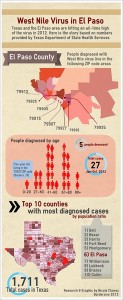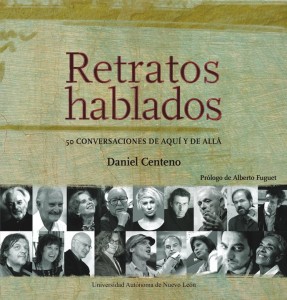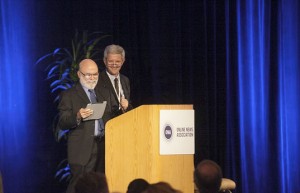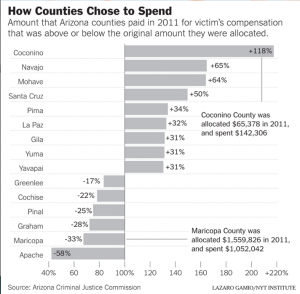Borderzine resources for immigration reporting
|
EL PASO – Professional and independent journalists from across the country joined the Robert McCormick Foundation and Borderzine for “Immigration from the Border to the Heartland,” a specialized reporting institute that taught journalists about technology, data, immigration research and law enforcement. During the SRI, professional journalists shared the tools they use while reporting their beat, academics presented their research and advocacy groups talked about how they work with the community. From the three-day workshop, Borderzine gathered the following resources that can assist journalists who wished to cover immigration in their communities.







